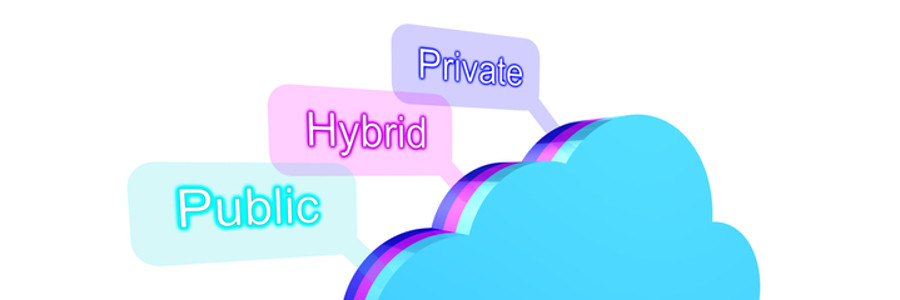Data breaches are a common occurrence in today’s business environment. While many businesses have turned to cloud applications for better productivity, scalability, and savings, some business owners worry that the cloud is more vulnerable to data breaches than an on-premises data center.
The 3 primary cloud service models and how they differ
Biometrics authentication is the way to go with data security
How to choose the safest web browser

The internet is a Wild West of sorts. One can never know what kind of cyberthreat they’ll come across. This is why businesses should use secure web browsers to keep threats at bay. But how safe are the popular browsers of today? Let’s find out.
Microsoft Edge
Microsoft Edge, Windows 10’s current default browser, is an improvement over its predecessor Internet Explorer (IE). Edge is based on the open source Chromium browser, resulting in a powerful and efficient browser that supports Progressive Web Apps and Google Chrome extensions.
What you need to know about web hosting

Businesses need to have an online presence, especially in a pandemic-ridden environment. Creating an online presence usually starts with building a website, but to access your website on the internet, you need to partner with a web host. This blog post breaks down the basics of what business owners need to know about web hosting.
Benefits of hybrid clouds for SMBs
Optimizing website images for SEO

Small- and medium-sized businesses (SMBs) are often tempted to relegate their search engine optimization (SEO) analyses to the free reports offered by online platforms like WordPress and Google Analytics. Unfortunately, those reports rarely provide the details you need to improve your SEO. One of the things they tend to glaze over is image optimization.
5 Useful tricks to cut your cloud costs
5 Website conversion essentials

Need a website that'll convince people to sign up or buy your product? The solution to conversion is simpler than you think. Here are five easy website essentials that will surely encourage conversion.
1. Optimize your website for mobile devices
More people are now surfing the web on the go via smartphones, tablets, and laptops.
Simplify your email management with these Gmail tricks

Many Gmail users find the email service to be convenient and reliable, but they’ll be surprised to learn that the following hacks can make for an even better Gmail experience.
Undo Send
In the fast-paced world of business, mistakes happen. And because everybody deserves a second chance at writing that email, Gmail has provided a way to recall sent emails — as long as you do it immediately after hitting Send.





